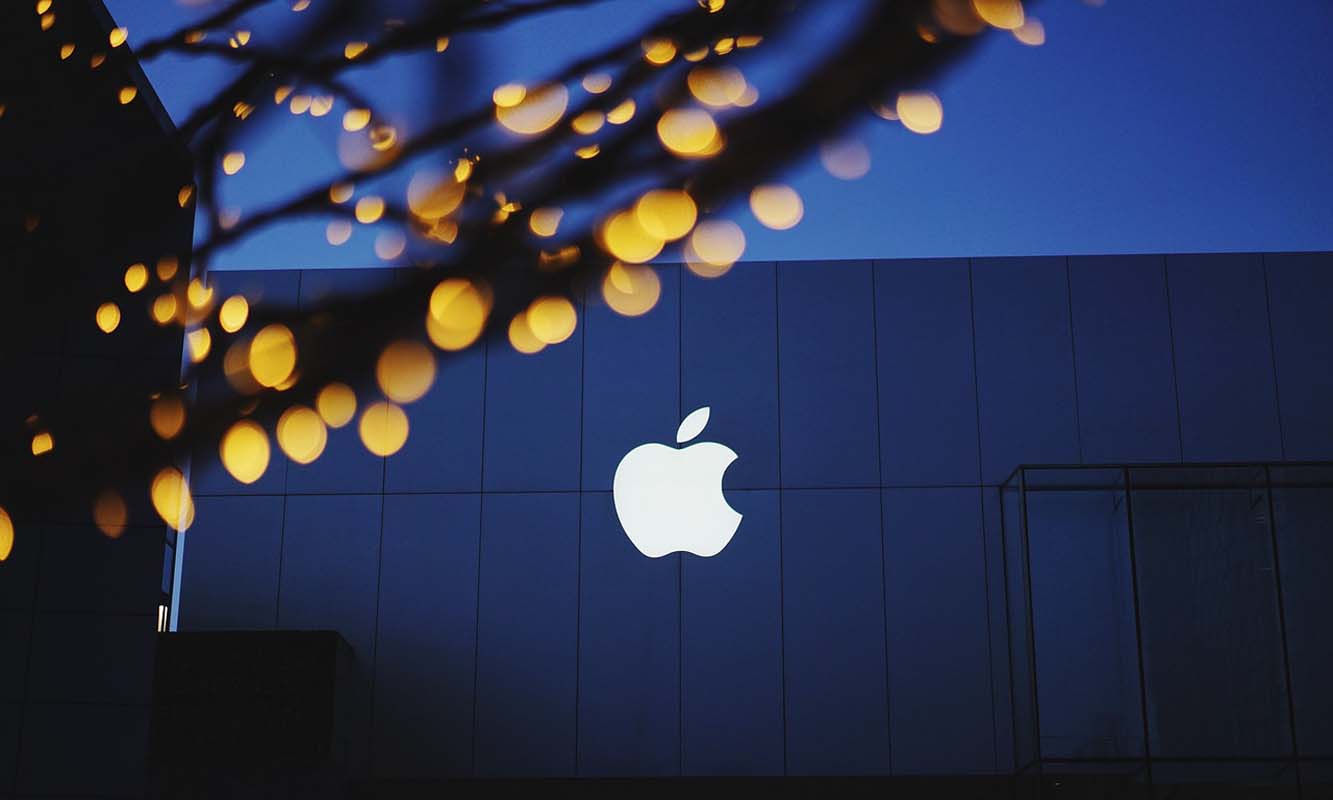
403
Sorry!!
Error! We're sorry, but the page you were looking for doesn't exist.
Apple Lags Behind in AI Battleground
(MENAFN) Apple finds itself trailing Google and OpenAI in the artificial intelligence battleground, an unusual position for the tech titan as rivals including Samsung, Huawei, and Xiaomi deploy proprietary AI platforms.
The Cupertino-based corporation markets its "Apple Intelligence" system while leaning heavily on ChatGPT and Google Gemini integration—raising questions whether Apple might mirror Nokia's descent into irrelevance amid the accelerating AI revolution.
Apple's AI ambitions launched earlier than most, acquiring Siri in 2010 and embedding the voice technology into iPhones by 2011.
Though Siri generated significant industry buzz, Google intensified development efforts with Google Assistant while Amazon introduced Alexa. These platforms rapidly outpaced Siri through third-party accessibility, contrasting sharply with Apple's restrictive ecosystem approach limiting Siri exclusively to its hardware.
Apple pursued numerous small-scale AI acquisitions, yet Google's purchase of DeepMind delivered a critical competitive advantage over the iPhone manufacturer.
In 2018, Apple made a significant recruitment by appointing Google's AI chief John Giannandrea to spearhead machine learning initiatives, though Google's vast data resources and AI-centric philosophy prevented substantial progress, as Apple's privacy commitments and constrained data access impeded technological advancement.
The 2020s witnessed generative AI's emergence, officially inaugurating the AI epoch with formidable products like Microsoft-backed OpenAI's ChatGPT, Google's Gemini, X's Grok, and China's DeepSeek dominating headlines.
Apple experienced significant talent drain from AI divisions to competitors, particularly throughout 2023 and subsequently, losing engineers and senior leadership, a media report disclosed.
Following these setbacks, Apple pivoted strategy with increased public disclosure of AI roadmaps at its annual WWDC 2023 developer gathering.
Apple intensified efforts to strengthen its AI market position, rebranding its AI initiative as Apple Intelligence and positioning it centrally at WWDC 2024.
The company had already initiated discussions with OpenAI regarding ChatGPT integration into Siri by late 2024, a Reuters report revealed.
ChatGPT now serves Apple users through Siri with explicit permission. While Siri handles straightforward queries using on-device processing, it delegates to ChatGPT when confronting sophisticated requests.
Apple's latest AI maneuver involves the Gemini arrangement—Apple committed approximately $1 billion annually for access to Google's Gemini models.
Apple's collaborations with OpenAI and Google sparked criticism, with detractors condemning the iPhone manufacturer for depending on adversaries to maintain market competitiveness. Meanwhile, expectations remain elevated for the next-generation Siri model scheduled for next year's debut.
The Cupertino-based corporation markets its "Apple Intelligence" system while leaning heavily on ChatGPT and Google Gemini integration—raising questions whether Apple might mirror Nokia's descent into irrelevance amid the accelerating AI revolution.
Apple's AI ambitions launched earlier than most, acquiring Siri in 2010 and embedding the voice technology into iPhones by 2011.
Though Siri generated significant industry buzz, Google intensified development efforts with Google Assistant while Amazon introduced Alexa. These platforms rapidly outpaced Siri through third-party accessibility, contrasting sharply with Apple's restrictive ecosystem approach limiting Siri exclusively to its hardware.
Apple pursued numerous small-scale AI acquisitions, yet Google's purchase of DeepMind delivered a critical competitive advantage over the iPhone manufacturer.
In 2018, Apple made a significant recruitment by appointing Google's AI chief John Giannandrea to spearhead machine learning initiatives, though Google's vast data resources and AI-centric philosophy prevented substantial progress, as Apple's privacy commitments and constrained data access impeded technological advancement.
The 2020s witnessed generative AI's emergence, officially inaugurating the AI epoch with formidable products like Microsoft-backed OpenAI's ChatGPT, Google's Gemini, X's Grok, and China's DeepSeek dominating headlines.
Apple experienced significant talent drain from AI divisions to competitors, particularly throughout 2023 and subsequently, losing engineers and senior leadership, a media report disclosed.
Following these setbacks, Apple pivoted strategy with increased public disclosure of AI roadmaps at its annual WWDC 2023 developer gathering.
Apple intensified efforts to strengthen its AI market position, rebranding its AI initiative as Apple Intelligence and positioning it centrally at WWDC 2024.
The company had already initiated discussions with OpenAI regarding ChatGPT integration into Siri by late 2024, a Reuters report revealed.
ChatGPT now serves Apple users through Siri with explicit permission. While Siri handles straightforward queries using on-device processing, it delegates to ChatGPT when confronting sophisticated requests.
Apple's latest AI maneuver involves the Gemini arrangement—Apple committed approximately $1 billion annually for access to Google's Gemini models.
Apple's collaborations with OpenAI and Google sparked criticism, with detractors condemning the iPhone manufacturer for depending on adversaries to maintain market competitiveness. Meanwhile, expectations remain elevated for the next-generation Siri model scheduled for next year's debut.

Legal Disclaimer:
MENAFN provides the
information “as is” without warranty of any kind. We do not accept
any responsibility or liability for the accuracy, content, images,
videos, licenses, completeness, legality, or reliability of the information
contained in this article. If you have any complaints or copyright
issues related to this article, kindly contact the provider above.


















Comments
No comment